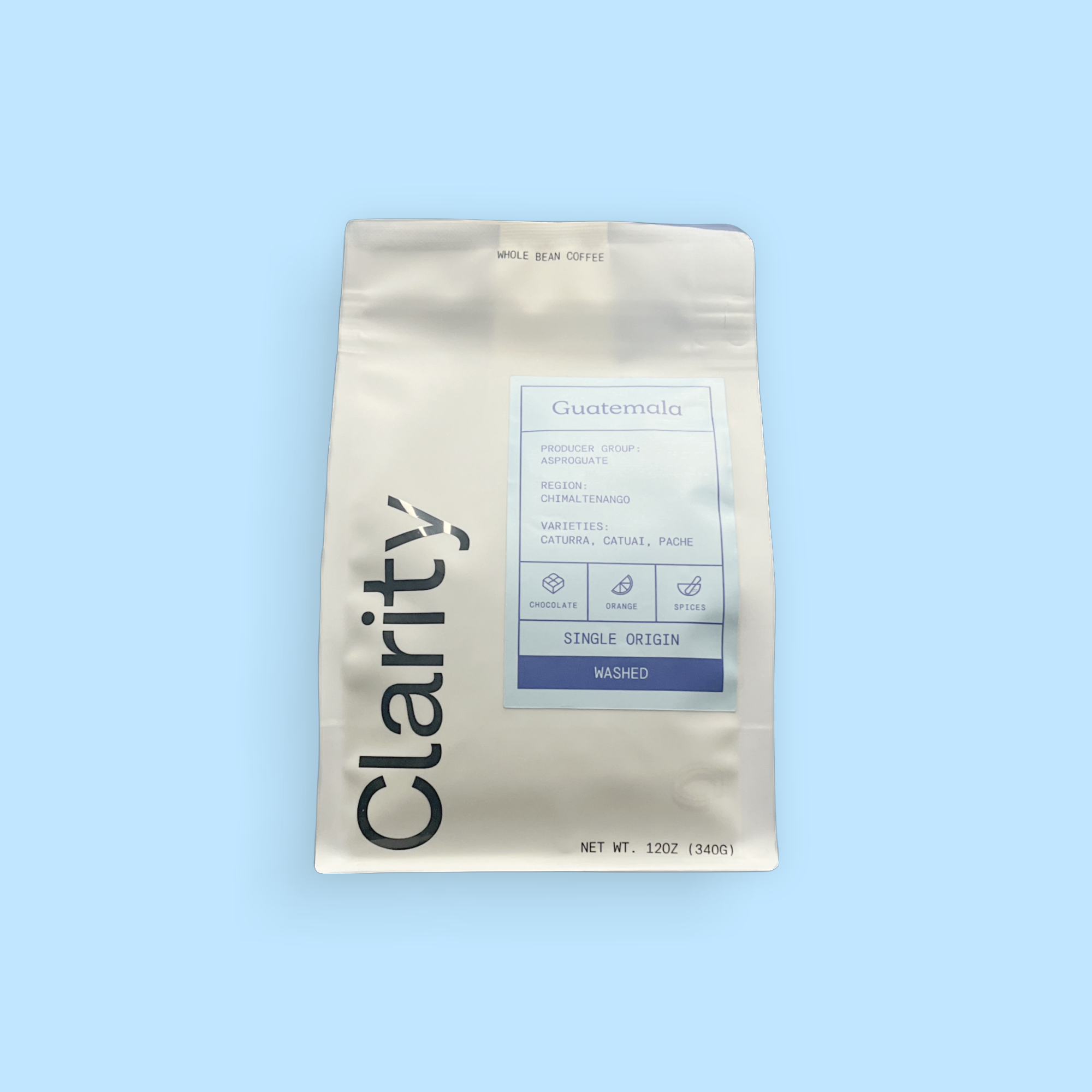El Salvador Francisco de Sola
FARMER: FRANCISCO DE SOLA
FARM NAME: PLAN DEL HOYO
REGION: APANECA
VARIETY: ANACAFE 14
MANGO / APPLE / CARAMEL
FARMER: FRANCISCO DE SOLA
FARM NAME: PLAN DEL HOYO
REGION: APANECA
VARIETY: ANACAFE 14
MANGO / APPLE / CARAMEL
FARMER: FRANCISCO DE SOLA
FARM NAME: PLAN DEL HOYO
REGION: APANECA
VARIETY: ANACAFE 14
MANGO / APPLE / CARAMEL
COFFEE BIOGRAPHY
Apaneca is a municipality in the Ahuachapán department of El Salvador.
Francisco De Sola owns and operates this 100 hectare farm. He has 60,000 trees planted on 14 hectares. He also grows lumber on this large chunk of land.
They harvest coffee here from January through March typically. Coffee is picked as ripe cherry then mechanically demucilaged (for washed) and left as ripe cherry for Naturals and dried on raised African beds (both washed and naturals).
Picking labor and heavy rains have proven to be a challenge for Francisco, but he believes in the future of specialty coffee and is invested in producing exceptional coffees in Apaneca.
Anacafe 14 is a naturally occurring cross of Pacamara and a Catimor-type coffee discovered in the Chiqimula department in1980; released by ANACAFÉ (2014).
This will be Clarity Coffee Roasters' first El Salvador, so here's a bit about this new (to us) origin:
Known as “the land of volcanoes,” El Salvador is the smallest Central American country (roughly the same size as New Jersey), but its reputation among specialty-coffee-growing regions has grown larger-than-life, especially since the early 2000s. While coffee was planted and cultivated here mostly for domestic consumption starting in the mid-1700s, it became a stable and significant crop over the next 100 years, notably increasing in national importance during the late 1800s, when the country’s indigo exports were threatened by the development and widespread marketability of synthetic dyes.
As coffee grew in economic importance, different government programs designed to increase production through land, tax, and military-exemption incentives created a small but strong network of wealthy landowners who gained control over the coffee market, in addition to the individual smallholders who were growing coffee as part of their subsistence farming and would sell their cherry to the larger estates or mills.
By the late 1970s, coffee exports accounted for 50 percent of the GDP, but socioeconomic and political unrest hurled the country into civil war for more than a decade, and in the 1980s various land-redistribution projects and agrarian reform disjointed the coffee industry and caused the market to decline. Lacking the resources to continue farming, producers abandoned their coffee farms, and many were left overgrown and unharvested for years until a peace agreement was reached in the 1990s.
It is often said that the Cup of Excellence competition, which came to El Salvador in 2003, was the beginning of the new “wave” of interest in Salvadoran coffee, shining the first light on some of the special varieties the small country grows.










